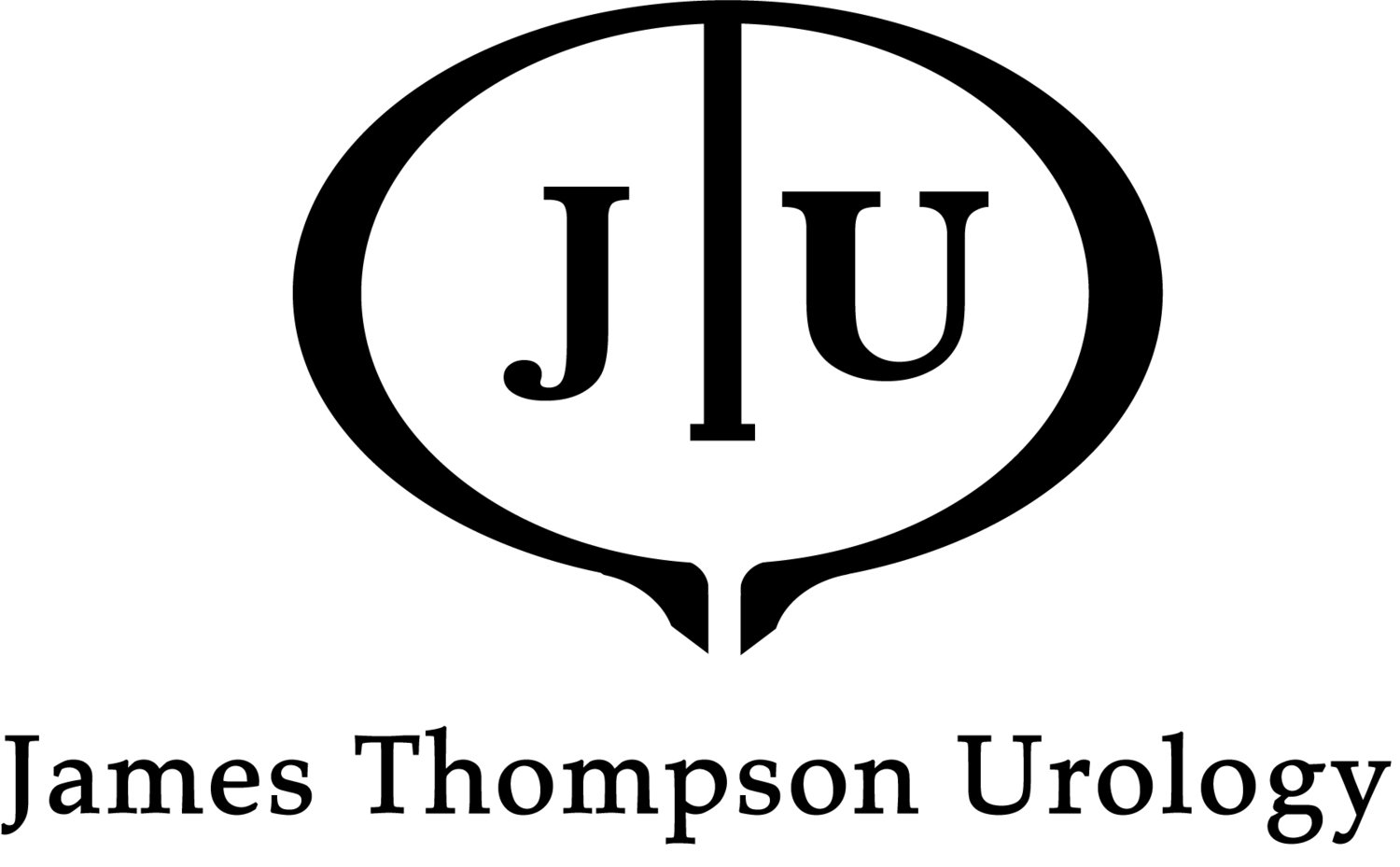Dr James Thompson is an experienced robotic, laparoscopic, endoscopic and open urological surgeon. He has sub-specialty training in (and passion for) the treatment of prostate, bladder and kidney cancer using the latest robotic surgery techniques and for high-impact cancer research that has the ability to immediately improve quality of life and cancer cure rates for the community.
Preparing for your Bladder Surgery
WEEKS TO MONTHS BEFORE SURGERY - GETTING IN SHAPE TO REDUCE THE RISKS OF SURGERY
Once you have decided to undergo a complete bladder removal, it is a major operation with risks so you need to get in shape to reduce the risks. This includes:
Regular exercise (daily if possible) to improve your “cardio” fitness in order to get your heart and lungs ready for the stress of major surgery; if you don’t currently do any exercise and/ or feel unwell (for example if you are on chemotherapy) then start with gentle walks and build up from there; if you can join a gym or use an exercise bike, this is even better to reduce the risk of complications.
Healthy diet either to lose weight if you are overweight (through a low-calorie diet) or to gain muscle and essential nutrients if you are under-weight and malnourished with weak muscles; if this is difficult, you may need a dietitian and/ or personal trainer.
Stopping smoking is critical for several reasons: (1) it is the number one cause of bladder cancer; (2) smoking increases the risk of complications after surgery including pneumonia, internal infections, leakage of urine or bowel fluid from joins, major bleeding and life-threatening blood clots (DVTs); (3) if you continue to smoke, the risk of the cancer spreading elsewhere in the body or coming back after surgery is higher. This surgery is a once in a lifetime opportunity for you to quit smoking for good, which will improve every aspect of your health and wellbeing and save you money in future, plus prevent strokes, heart attacks and other cancers.
THE WEEK PRIOR TO SURGERY
Blood thinning medications:
If you take medication to prevent clots, you need to cease it prior to surgery. I’ll give personalised instructions when to cease the medication, so please check with my nurse or I exactly when to cease it and when to re-start it after surgery. As a general guide:
Aspirin and asasantin are ceased 5-7 days prior;
Clopidogrel (Plavix/ Iscover) is ceased 7-10 days prior;
Warfarin is ceased 5 days prior;
Eliquis (apixaban), Xarelto (rivaroxaban) and Pradaxa (dabigatran) are ceased 3 days prior;
Clexane (a type of heparin injection) is last administered 24 hours prior (i.e. last dose early morning the day before surgery);
Blood and Urine Tests
We will provide you forms to perform a urine test and blood tests 1-2 weeks before surgery in order to ensure there is no urine infection, to check your kidney function, blood group and blood counts, etc. If there is infection, you may need antibiotics or to briefly postpone surgery until the infection has been treated.
Pre-anaesthetic assessment:
Our anaesthetist will call you prior to surgery for a pre-operative phone assessment, to explain what to expect in terms of anaesthesia and to give you specific instructions around when to cease medications prior to surgery (e.g. diabetes and blood pressure tablets).
THE DAY PRIOR TO SURGERY
You should follow a strict low-fibre diet for at least 24hours prior to surgery. This means you can eat protein-rich foods eg steamed fish or chicken and can consume low fibre white bread, dairy foods and broths. You must avoid avoid fruit, vegetables, multi-grain or high fibre breads/ cereals or pureed soups/ juices that are high in fibre, in order to prepare your intestines for surgery. You should drink plenty of water so you are well hydrated prior to surgery and avoid alcohol.
You will be given two high-calorie clear fluid drinks. You should drink one just before going to sleep, and the second immediately upon waking at least 2 hours prior to surgery. For example, if you wake at 5am on the morning of surgery (its an early start!) and surgery is due to start at 730am, you must finish your second drink before 530am. This ensures your stomach has emptied by 730, as the anaesthetist needs you to have an empty stomach in order to put you to sleep.
At this point, you have done everything right, so there is nothing left to do but lie back and let the anaesthetist, my team and I do what we do best and get on with the job of curing your cancer, then we will be waiting for you with a smile when you wake up on the other side.
Next, please read my page on recovering from bladder removal surgery and what to expect.
